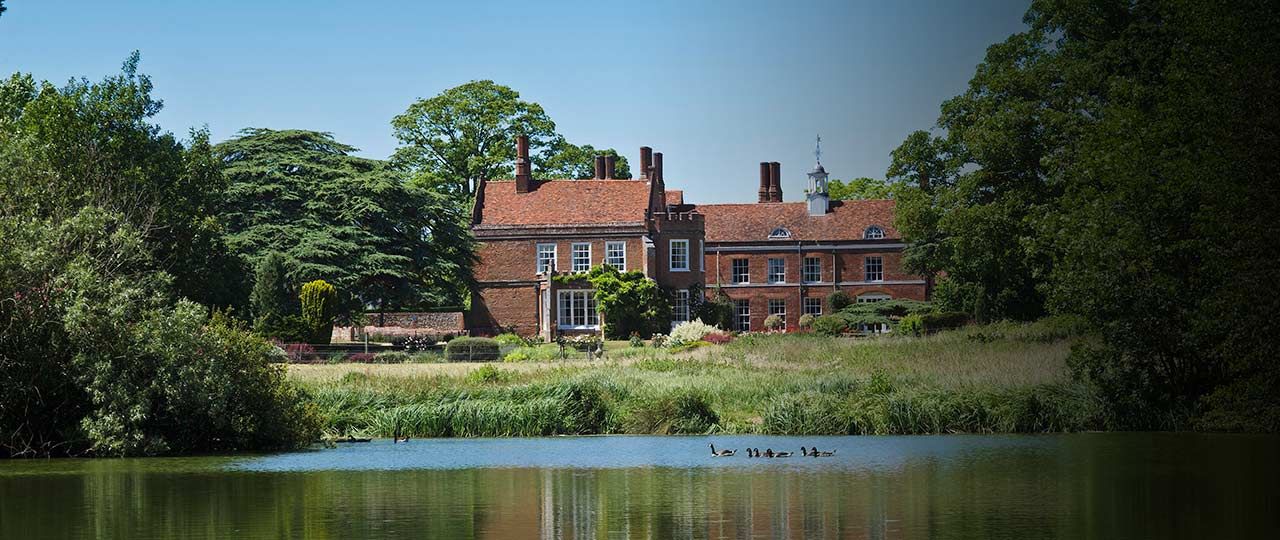
With a mixed outlook for the housing market, we look at ways sellers can make sure they get the best price for their property.
Although the UK housing market is always uneven - price increases in one area, offsetting declines in another – Halifax recently announced that average UK prices fell by 1% in June - the largest monthly fall since January. The Office for National Statistics and Land Registry also show that prices rose at the slowest pace since October 2013. Nationwide posted slightly more optimistic figures, with 1.1% growth in June. Zoopla, meanwhile, is reporting that there are more than 30 towns and cities where 40% of sellers have cut their asking price.
Strategies to survive a house price slowdown for sellers
But this doesn’t mean sellers should worry as we’ve developed 7 strategies that can help sellers get the right price for their home.
1.Talk up schools
While demand for housing might be slowing, the demand for good schools is not. If you’re in the catchment area for an ‘outstanding’ rated school, you need to use this as a selling point. And it’s even more important with September and new school terms just around the corner, putting the issue of schooling at the forefront of buyers’ minds.
An RICS study found that people are even willing to pay 8% more for a home in the catchment area of a school rated 'good’ by Ofsted, but catchment areas for ‘outstanding’ schools see the highest returns.
2.Build in hope value
There are many ways to add value to a property without having to spend a fortune on redecoration or renovations. One is to obtain planning permission for buildings that could be converted, like derelict barns, outbuildings, or empty patches of land that could be suitable for housing.
Make the effort to obtain planning permission to convert the buildings into a residential dwelling or build on the land. This will help buyers see the full potential of your offering, and the opportunity to add capital value to their potential investment.
3.Price competitively
In a buyer’s market, many home-hunters will be put off by homes that are too expensive. The trick is to price your home competitively, just below your preferred price, and then get a few offers in.
This could open up your home to a number of new buyers, especially if you lower it below a major threshold - like pricing it at £495,000 instead of £510,000. And in the end, you could end up getting more that the guide price.
4.Use incentives
If you want a quick sale, offering incentives can get the ball rolling. Some sellers are throwing in incentives like fully-paid stamp duty, cash back, cars and all furniture and dressings. Stamp duty incentives can be useful if you’re a developer selling a high-end new build, or if you’re selling a second/holiday home where the additional 3% might be playing on buyers’ minds.
Many developers have been forced to be more imaginative at the top end, such as giving house-hunters the chance to live in the house for two weeks to see if they like it.
5.Consider ‘lotting’
If you have an estate or house with significant land, consider lotting - splitting it up into more affordable and smaller parcels of land. Lotting attracts more buyers, as the initial price looks more attractive.
For example, at face value a £5 million house might seem pricey. But if you separate the woodland, pasture, and house and gardens, it seems more manageable. This style of tactical lotting adds a sense of competition with some buyers worried others will buy off sections before they can, encouraging people to put down an offer sooner.
6.Host an open day
When launching your property to the open market, an open house day can be a great way of engaging with buyers straight from the off.
This is exactly why Strutt & Parker runs the National Open House Day bi-annually to help drive focused buyers through the door. It allows people to see your home in a relaxed environment while giving you a competitive edge. It also shows buyers that others are interested and could nudge them to putting an offer down sooner.
7.Trust your agent
Finally, your agent knows best. For example, you might have been struggling to sell your home, then get an offer. But the first offer might not be the best one. This is where a good agent really steps up.
The agent would have done this hundreds - if not thousands - of times before and will have your best interests at heart, which is to achieve a good selling price with the best possible purchaser.
Know that in the market, anything can happen but the best things happen if you have a good plan and implement it well. Be patient, listen to advice and adapt.
